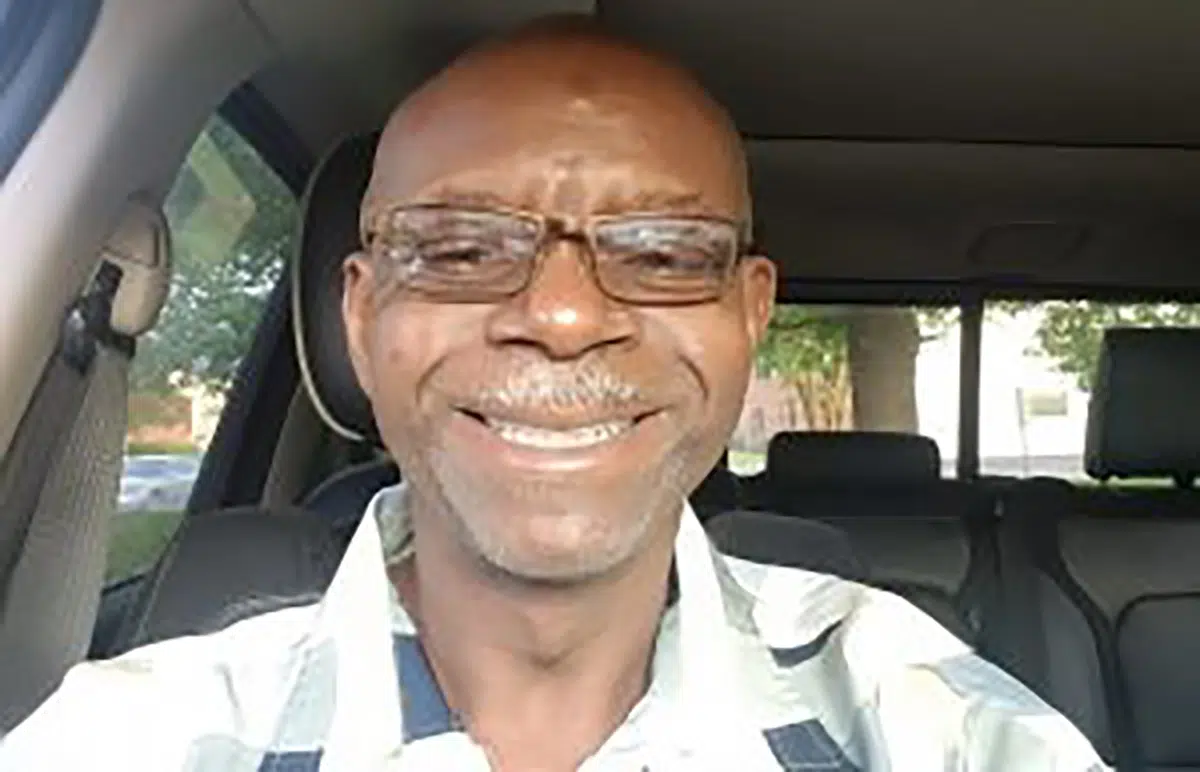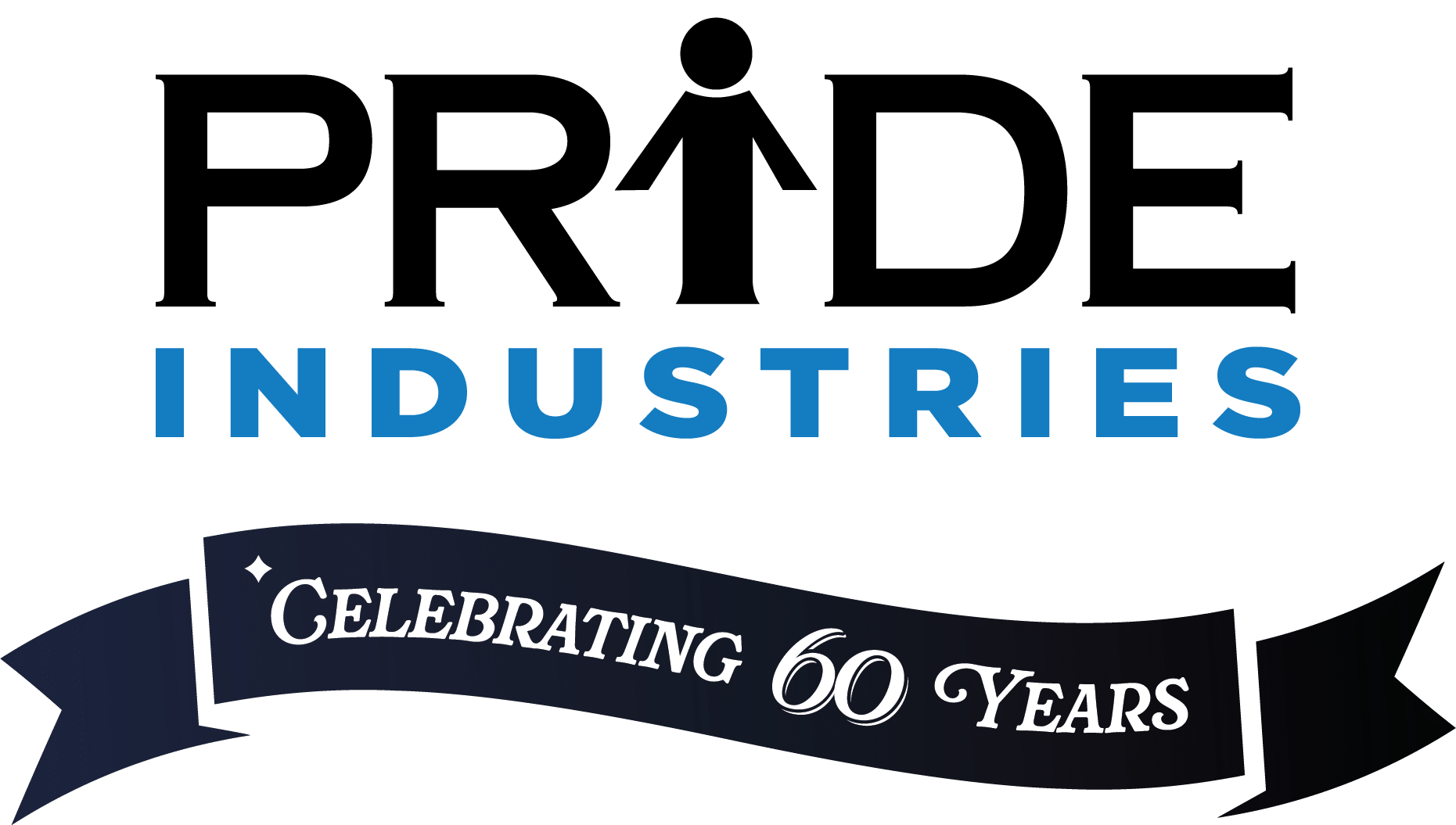Commissary Manager Carey Young’s Decisive Action Saved Lives
It was after midnight on a Saturday in late May when Carey Young finally decided to call it a day. As the Commissary Manager for Oceana Naval Air Station in Virginia Beach, VA, he often works late at night, overseeing the restocking and custodial operations of his large team.
Carey is a hands-on manager, and if he’s not in his office, he’s most likely pitching in with needed work. That’s why on this particular night, he was driving a forklift, having just dropped a bale of cardboard into the recycling dumpster.
Carey went through his mental checklist of final tasks to complete before he could go home. He’d return the forklift to the warehouse, gather his things from the office, and tell Carmen Hanft—his second-in-command for 16 years—that he was leaving.
Then he’d drive home on quiet freeways, arriving at his house after his wife Senga and their children had gone to bed. But there would be a light on in the kitchen, and a healthy supper waiting in the fridge. Dessert too, usually a fruit salad, perfect for a warm, muggy Virginia night.
Carey was driving the forklift towards the bay doors of the warehouse, thinking of dinner and bed, when something caught his attention. He stopped and took a deep breath. A faint odor, laced with chemicals, drifted past him. Smoke.
Dan Enrique, the Quality Assurance Evaluator (QAE), happened to be walking out of the warehouse at just that moment. Carey stopped him, asked him if he could smell the smoke too. Dan told him he’d already investigated the smell and hadn’t found a source anywhere in the two-story commissary. Most likely, the smell was coming from the campsite down the road.
It was certainly a reasonable explanation. But Carey had grown up in the country. He knew well what bonfires and barbecues smell like. This was different.
Carey scanned the roofline of the building. Off in the distance, near the roof’s edge, a haze seemed to blur the outline of the structure. It could be nothing—after all, it was hard to see anything at night. But a stint in the Navy had taught Carey not to take safety for granted.
Carey suggested to Dan that they recheck the roof, and Dan agreed. So Carey parked the forklift in the warehouse and climbed the stairs to the roof with Dan.
As soon as Carey stepped onto the roof, he noticed that his shoes were sticking to the gummy surface. Carey knew there were contractors working on the roof, and it was possible they had recently laid down tar. But even so, when he reached down to touch the roof’s surface, the tar was so warm it stuck to his hand.
Carey stood, and shined his flashlight across the roof’s surface. Right away, he noticed a puff of smoke. Even more concerning, among the welding torches and other tools that the contractors had left behind for another day’s work, Carey spotted several large metal canisters. He knew what was likely in those tanks—propane gas, used to power torches for cutting and welding.
In that instant, Carey realized the danger of the situation. The warm roof told him there was a fire starting somewhere beneath him. If that fire reached those propane tanks, the explosions would be devastating.
And in the building beneath his feet, there were nearly thirty people—25 PRIDE employees and four government personnel—busily stocking shelves and cleaning floors, oblivious to the fact that they were effectively encased in a time bomb.
Carey acted quickly. He pulled out his phone and called the base fire station, while Dan dialed 911. Then, as the two men were walking across the roof to the stairs, Carey called Carmen and told her to clear the building. By the time he made it down to the first floor, the commissary was empty. A headcount, taken in the parking lot, confirmed that everyone was out of the building.
Moments later, the first of seven fire trucks came roaring into the parking lot. The firefighters moved quickly, unfurling hoses and hauling gear into the building. Soon they were joined by more firefighters, and in just minutes, they’d chopped a hole in the roof and doused the developing fire.
It was later determined that hot tar, laid down earlier that day, had seeped through the roof and onto electrical wiring in the attic. There the fire had begun to smolder, slowly growing as it fed on the plastic covering of the electrical wires. There’s little doubt that if the fire hadn’t been stopped, it would have spread to the roof and caused an explosion.
That day, Carey’s quick thinking and decisive action averted disaster. Had it not been for him, the fire could easily have been deadly. Instead, everyone got to go home that night.
And at the end of a very long day, Carey finally got to enjoy a bowl of fruit salad.
Need employment placement support?

“You don’t take any chances with a possible fire,” he says. “You double and triple check.”
